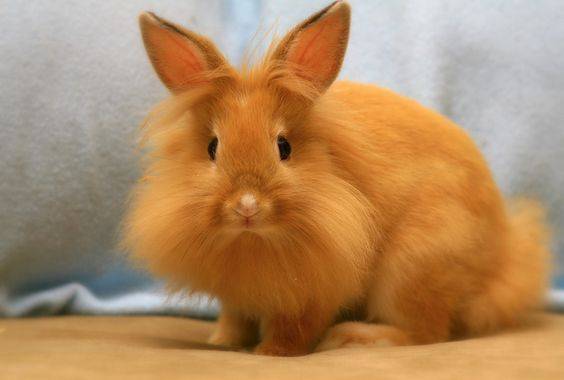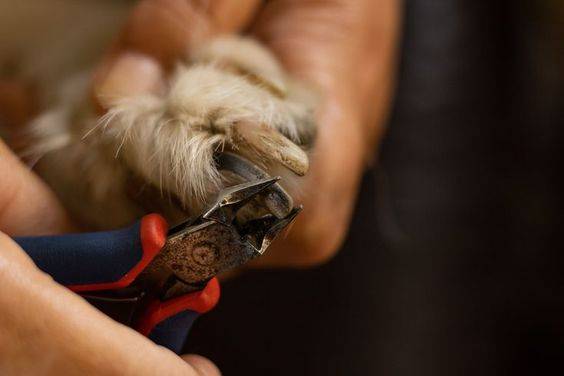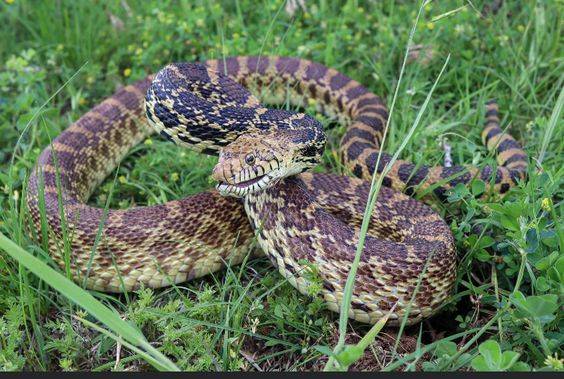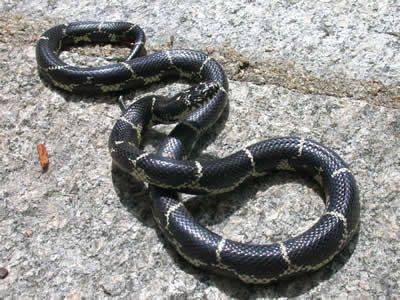Lionhead rabbits are among the most charming and unique breeds of domestic rabbits, easily recognizable by their distinctive wooly mane. This breed has surged in popularity among pet owners due to its endearing appearance and friendly disposition. If you’re considering adding a Lionhead rabbit to your family or are simply fascinated by these furry creatures, this guide will provide comprehensive insights into their care, characteristics, and the joy they can bring to your life.
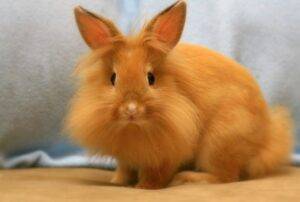
Understanding the Lionhead Rabbit
Origin and History
The Lionhead rabbit breed originated in Belgium, resulting from crossbreeding between the Swiss Fox and Belgian Dwarf rabbits. The breed’s defining feature, its woolly mane, is due to a genetic mutation. It made its way to the United States in the early 2000s and quickly became popular. In 2014, the American Rabbit Breeders Association (ARBA) officially recognized the Lionhead rabbit.
Physical Characteristics
Lionhead rabbits are small to medium-sized, typically weighing between 2.5 to 3.75 pounds. Their most prominent feature is the mane, which encircles the head and can be either single or double. A single mane is a single layer of longer fur, while a double mane is thicker and more pronounced. The breed comes in various colors, including black, blue, chocolate, lilac, and many more, each recognized by the ARBA.
Temperament and Behavior
Friendly and Social
These rabbits are also known to get along well with other pets, provided they are introduced properly.
Intelligent and Curious
Lionheads are highly intelligent and curious animals. They enjoy exploring their surroundings and can be taught simple tricks and commands. Their inquisitive nature means they require mental stimulation, so providing them with toys and activities is essential.
Energetic and Playful
These rabbits are quite energetic and playful. They love to hop around and explore, making it important for them to have ample space for exercise. Regular playtime outside of their cage or hutch is crucial for their physical and mental well-being.
Housing and Environment
Cage or Hutch
When it comes to housing a Lionhead rabbit, the cage or hutch should be spacious enough to allow free movement. The minimum recommended size is 24 x 36 inches, but larger is always better. Ensure the enclosure has a solid bottom to prevent injury to their feet.
Indoor vs. Outdoor Living
Lionhead rabbits can live both indoors and outdoors, though indoor living is generally recommended for better control over their environment. Indoor rabbits are less exposed to predators and extreme weather conditions. If you choose to keep your rabbit outdoors, ensure the hutch is secure, weatherproof, and elevated off the ground.
Bedding and Litter
Use soft, absorbent bedding such as aspen shavings or paper-based bedding in the enclosure. For litter, a paper-based product is ideal. Lionhead rabbits can be litter-trained, which makes cleaning up after them easier.
Diet and Nutrition
Hay: The Staple Food
Hay should make up the majority of a Lionhead rabbit’s diet. It provides essential fiber that aids in digestion and helps wear down their constantly growing teeth. Timothy hay is a great option for adult rabbits, while alfalfa hay is suitable for younger rabbits due to its higher protein and calcium content.
Pellets and Treats
High-quality rabbit pellets can be included in their diet but should not be the main food source. A small handful daily is sufficient. Treats like fruits (e.g., apples, strawberries) should be given sparingly due to their high sugar content.
Fresh Water
Ensure your Lionhead rabbit has constant access to fresh water. A water bottle attached to the cage or a heavy ceramic bowl are both suitable options.
Grooming and Health Care
Grooming Needs
Lionhead rabbits require regular grooming due to their dense mane. During shedding seasons, more frequent grooming may be necessary.
Nail Trimming
Trim your rabbit’s nails regularly, usually every 4-6 weeks.
Dental Care
A rabbit’s teeth grow continuously, so it’s crucial to provide plenty of hay and chew toys to help wear them down naturally. Regular veterinary check-ups will help monitor dental health.
Common Health Issues
Be aware of common health problems like dental disease, gastrointestinal stasis, and respiratory infections. Regular vet visits and a proper diet can help prevent these issues. Signs of illness include lethargy, loss of appetite, and changes in behavior.
Inference
Lionhead rabbits make wonderful pets for both novice and experienced rabbit owners. Their friendly and curious nature, coupled with their unique appearance, makes them a delightful addition to any household. By providing proper care, a balanced diet, and regular social interaction, you can ensure your Lionhead rabbit leads a happy and healthy life.
Whether you’re captivated by their fluffy manes or enchanted by their playful personalities, Lionhead rabbits offer endless joy and companionship. Remember, owning a rabbit is a long-term commitment that requires time, effort, and love. With the right care and attention, your Lionhead rabbit can thrive and become a beloved member of your family.

